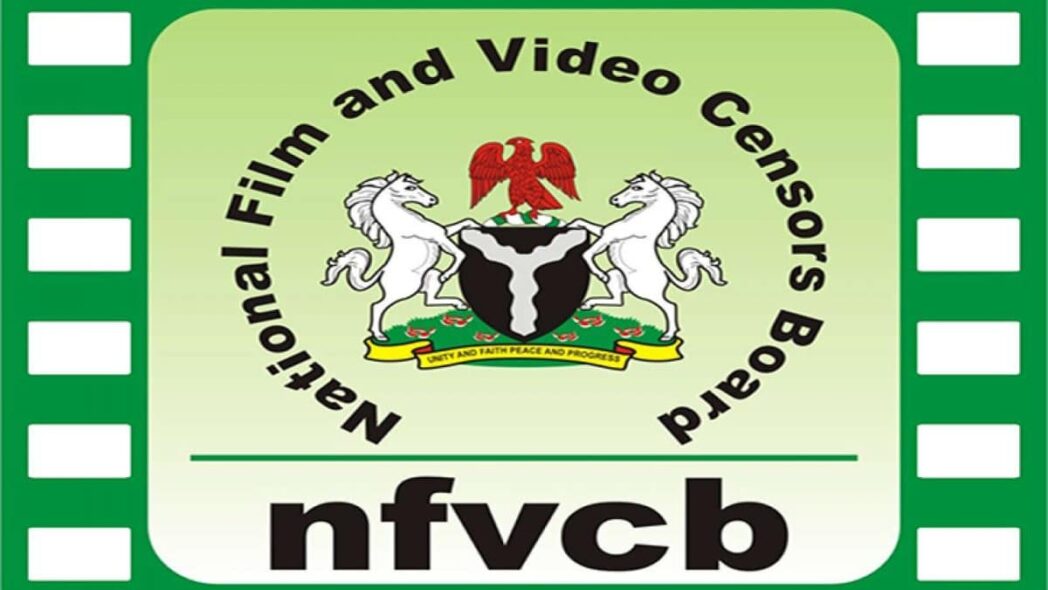
Nollywood: Expert urges NFVCB to focus on classification not ‘censorship’
Samuel Andrews, a US-based Nigerian Professor of Intellectual Property Law, has urged the National Film and Video Censors Board (NFVCB) to focus more on classification of movies rather than censorship or banning.
The expert, who made the call in a statement on Wednesday in Abuja, said ‘classification’ was in line with global best practices.
According to Andrew, an avid researcher and writer on Nollywood, film regulatory bodies in other countries use classification, aimed at providing prior information to prospective consumers as to the nature of media content.
He noted that ‘censorship’ or ‘ban’ was draconic and seems to militarise the industry practitioners and stifle creativity.
“The Media reports recently in Nigeria that the government through the National Film and Video Censor Board issued a directive to censor and ban certain categories of creative content is worrisome.
“Does censoring or banning a movie really work, effective or just political muscle-flexing?”
“Cultural sensitivities have become a quasi-public policy of the National Film and Video Censor Board in its regulatory activities. NFVCB cites ‘
“Filmmaking is both a constitutional and statutory right of Nigerians, and it is also an internationally guaranteed right, which is stipulated by multiple international treaties of which Nigeria is a signatory to most.
“Most content shown by Nollywood are realities of Nigerian culture, folklore and history, so why criminalise, illegalise or shame our culture?
“The emergence and ingenuity of Nollywood are linked to the creativity and originality of the interpretation of Nigeria’s indigenous culture and folklore.
“I am not stating that Nigerian culture or history is enmeshed solely in criminality or gruesome killings of her people.
“However, if it happens, which is a fact, what is wrong or illegal in showing these events on cinematographic platforms or sharing these stories via songs,”he said.
The IP scholar noted that Nollywood remains one of the relevant productive sectors in Nigeria and it has continued to enrich Nigeria’s economy and boosts apositive reputation for Nigeria in the comity of nations.
He therefore called for reforms in the statutory and operational framework of the censors board to ensure a more effective approach to regulation of artistic and literary works.
“The Nigerian government should revert to its drawing board and approach this issue more smartly based on the current global standards of classification of movies.
“Banning goods or products that have recreational or entertainment benefits to its citizens generally does not work.
“Sensible and effective national policy to regulate citizens’ conduct should not be expanded to include arbitrary abuse of power or infringement of the citizen’s creative rights legally protected as private property by the constitution.
“When laws or rules become anti-citizen, the essence of societal ordering becomes complicated.
“In modern or contemporary governance, the formal and institutional arms of government conduct empirical and deep consultations with the people especially, those who may be fundamentally affected by a new law/rule.
“This is to allow for filtration, analyzation and feedback on the overall significance of a new law/rule,” he said.
Andrew argued that since it was near impossible to adequately regulate contents on digital platforms, a more realistic approach should be adopted for a win-win industry.
He said censorship or outright banning of films could lead to unintended consequences that will be the catalyst for the emergence of waves of the black-market in the Nigerian film industry.
“According to studies and research, banning online content lacked the intended impact on piracy, is an obnoxious affliction on Nigeria’s socio-economic objectives) of audiovisual content.
“In a digital era of creative production with ubiquitous distribution platforms powered by digital technology, how can NFVCB effectively enforce its ban or censorship?
“Can NFVCB ban the existence of smoking? So, why engage in the impossible; the focus of the NFVCB should be on the effective and realistic regulation of films, not banning or censoring.
“The desired outcome of the NFVCB properly implementing its duties should be to propel Nollywood’s creatives to spur Nigeria’s dire national economic situation towards growth,” he said.
NFVCB is a Federal Government agency that regulates the films and video industry in Nigeria and is empowered by law to classify all films and videos, whether imported or produced locally.
It is also the duty of the board to register all films and videos outlet across the country and to keep a register of such outlets among other functions.
The Censors Board issues a Certificate of censorship on all films and video works censored by its Committee and in the certificate the classification of the film or video is indicated.
Some of its classification symbols and ratings include; ‘G’ to indicate for general exhibition; ‘PG’ to indicate intended for children under parental guidance; “C” to indicate intended particularly for children.
Others are ’12’ to indicate not recommended for children under 12 years, and ‘12A’ means that no one under 12 years may enter a cinema unless accompanied by an adult.
It also has ’15’ to indicate not recommended to persons under 15 years and ’18’ to indicate for mature audiences.




